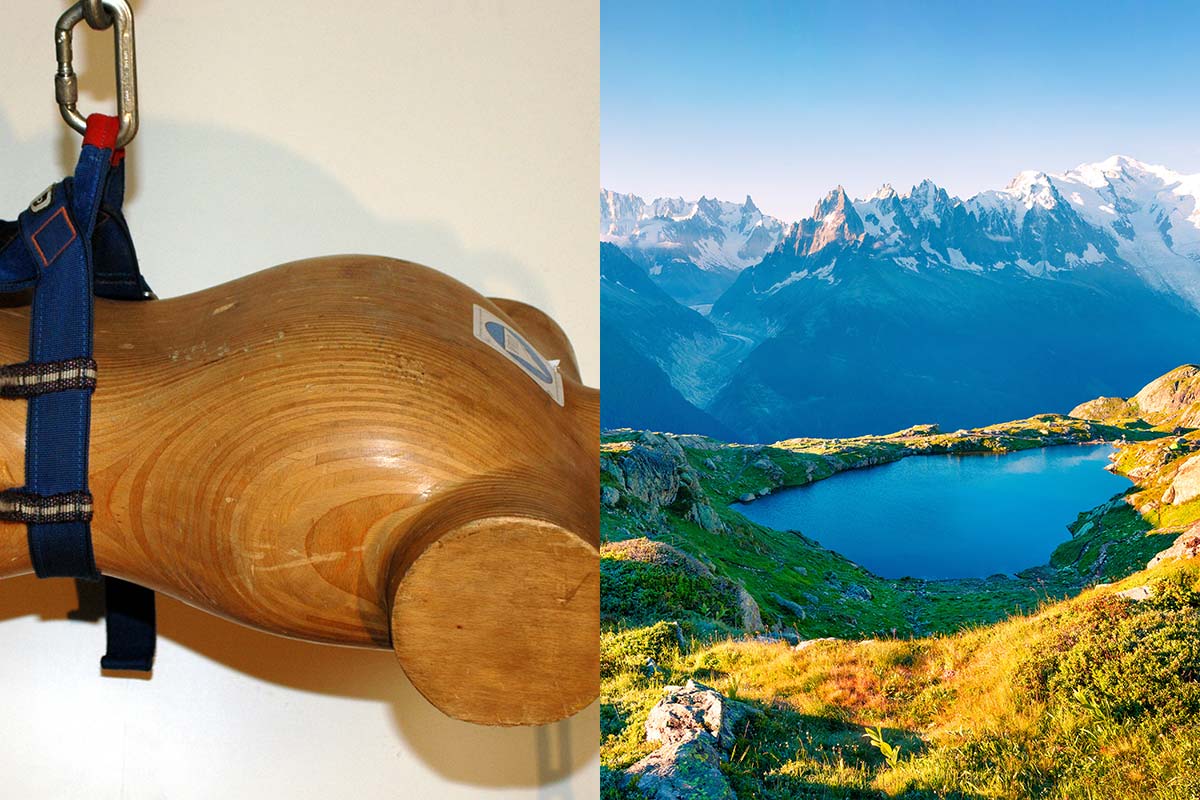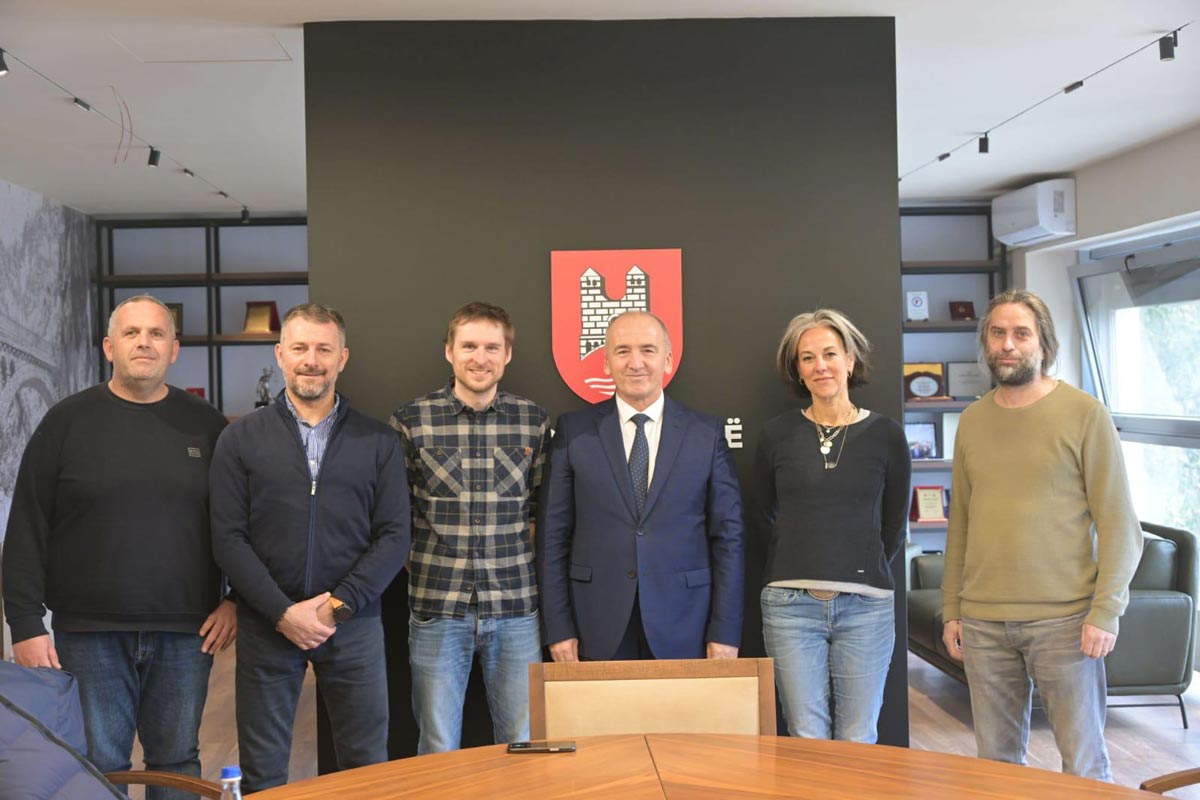How well does the UIAA look after the interests of the world’s mountaineering federations and clubs? At the 2010 UIAA General Assembly in Bormio, Italy, representatives from around the globe voiced their desires – which are as diverse as the mountain cultures they come from. The following statements are excerpted from a small survey of presidents of UIAA Member Federations:
Lee Injeong, President Korean Alpine Federation
“The UIAA has up to now been focused on European countries. From now on, cooperation and friendships should be increased with Asian countries.” The Korean federation, Lee said, is in the process of expanding its mandate beyond expeditions and climbing. “Now we have a project for mountain culture programmes and youth education, as well as ecology and the environment. And we should do more to improve relations with other countries.”
Georges Elzière, President French Alpine Club (FFCAM)
“A national approach cannot be as effective as a global approach. When federations meet, new ideas are found that promote mountaineering,” said Elzière about his nation’s desire to have the UIAA help improve relations between associations all over the world. The French federation is a founding member of the UIAA. Like Mexico, France would like to preserve traditional climbing values. “We live in a society where we strive to make equipment that makes mountaineering more easy. But we must keep it human, so we face mountains as they are – unequipped. We must learn to face risks. Too often we only see the bad side of risks – but you learn who you are when you take risks.”
Zdeněk Hrubý, President Czech Mountaineering Federation
“We greatly appreciate international projects and activities, but we would also like to see more direct value for our federation.” Hrubý said the Czech federation benefitted little from the UIAA with the exception of services provided by the Medical and Safety Commissions. “Many years ago if you belonged to a club represented by a UIAA Member Federation you had a discount staying in huts. This was greatly appreciated.” The Czech Mountaineering Federation is an umbrella organisation for many climbing and outdoor sports, from alpine skiing to indoor climbing.
Zimba Zangbu Sherpa, President Nepal Mountaineering Association (NMA)
“In the past, the NMA and the Expedition Commission did a lot of work on mountaineering regulations in Nepal. We changed many of them because we had a lot of problems with liason officers and how to get permits etc.” For this reason, Zangbu said, the NMA delegation at the UIAA GA is accompanied by an official from the Nepal tourism ministry. “This is so he understands the problem of Himalayan expeditions, regarding permits and government issues. Nowadays you can open a permit in one day, before you needed 15-20 days.” He sees the UIAA as a facilitator, and would like to see the Expedition Commission reactivated. A large part of the NMA’s work is to lobby the government to open new peaks. “There are more than 300 unclimbed peaks in Nepal,” Zangbu said.
Dave Jones, President Mountain Club of South Africa
“For our members the question is often asked, what does the UIAA do for me? And what they would like – if they go climbing overseas – is to make contact and make use of reciprocal facilities like huts, and get information from local clubs, and assistance on finding routes and the best guides. That’s not really happening.” Jones said the South African club, considered “white elitist”, has introduced outreach programmes to introduce climbing and mountaineering to the country’s black population, particularly its youth.
Alfredo Velázquez, President Mexican Mountaineering and Climbing Federation (FMDME)
“We want to participate in the UIAA’s Training Standards programme. We are a proud UIAA member (since 1942) but we would like to have more for our climbers such as participation in the Training Standards. It is also very important to have UIAA support for access and traditional climbing in Mexico.” The Mexican federation has about 3,000 members in 12 associations, which in turn represent 116 clubs. “We need to preserve the values of our sport, and the spirit of adventure,” Velázquez added about his federation’s support for traditional climbing.


